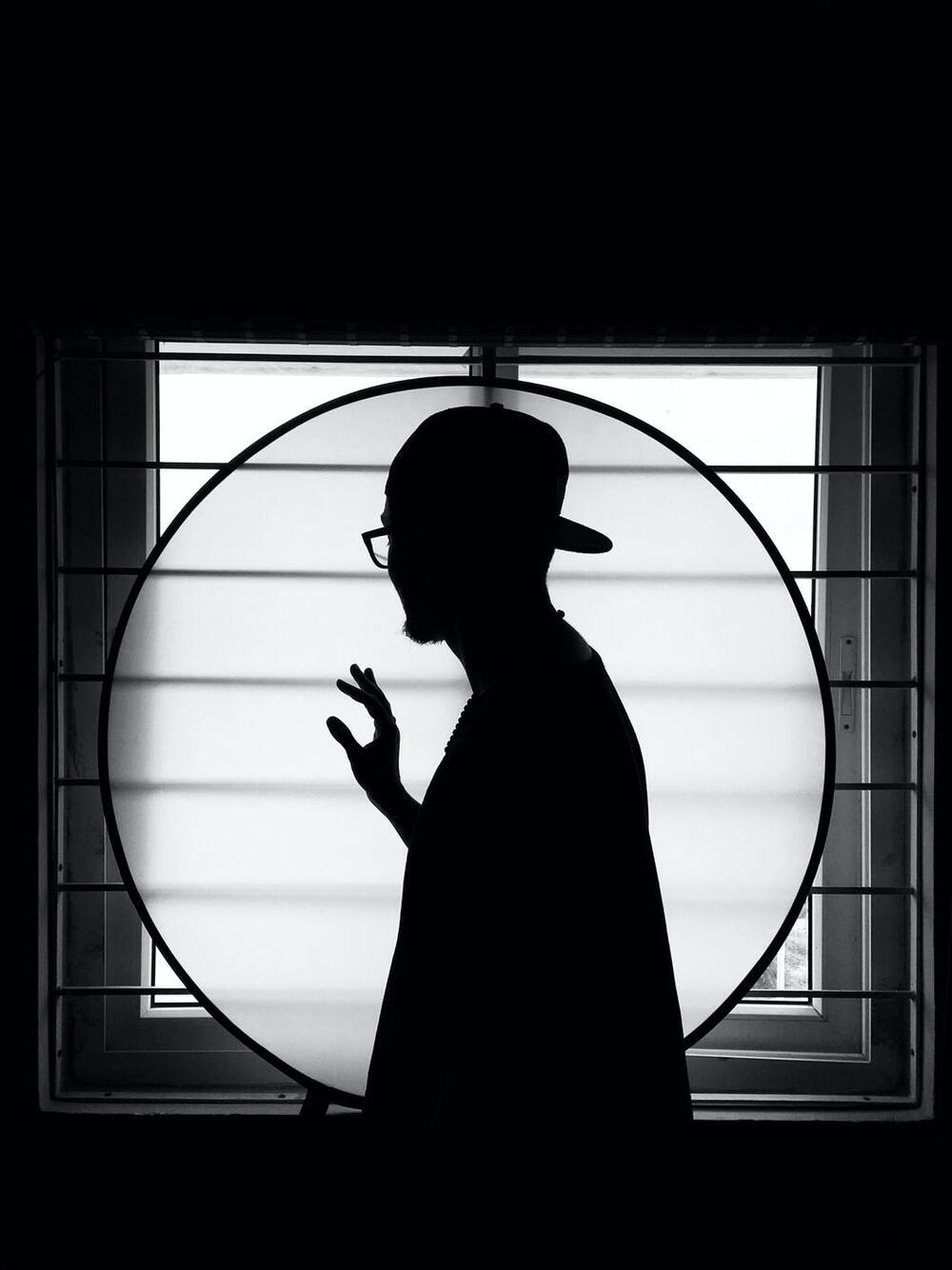Download Episode Here – right click link and select “Save Link As…”
In this episode, Joel and Antonia talk about ways to get past your personality and discover who you are underneath.
In this podcast you’ll find:
- Recent program on Enneagram with Dr. Beatrice Chestnut and Uranio Paes.
- How the Enneagram system talks about Personality.
- What does it mean to be ‘in personality’?
- The willingness to see the self as having unhealthy patterns.
- How the ‘I am the type of person that…’ statements keep us stuck.
- The example of doubling down on introversion.
- The role of ego in protecting us from criticism.
- Maturity defined as = not needing to be lied to.
- The metaphor of playing hide and seek with your child, and how maturity changes the rules of the game.
- Is our hypersensitivity caused by the rejection of dark parts within ourselves?
- Fighting what emerges from the unconscious: a personal share from Joel as a Social 6 in the Enneagram.
- “Personality is who you are not, but who are you without it?”
- How can we use ‘getting offended’ as an arrow pointing back at the self?
- Oneness and why the other is ultimately a representation of you.
- What is it that I am protecting myself from seeing because I don’t think I can handle it?
- The fear of losing the ‘good parts’ of ourselves.
- Going from creating new pathways to taking responsibility for all your mental wiring and your world-view.
- Turning yourself into an action, a verb beyond the labels.
- Philosopher Ken Wilber, work on spiral dynamics, axiom: wake up, grow up, clean up, show up.
- Defining what it means to ‘grow up’ and ‘clean up’.
- Uranio Paes: “Psychological work without spiritual work is incomplete, spiritual work without psychological work is dangerous.”
- How the world is waking up and showing up, and why the ‘clean up’ part is the hardest of all.
- How has the notion of ‘growing up’ evolved over the years?
- Start with cleaning your room – Jordan Peterson – 12 Rules for Life
- What does ‘doing the work’ of moving into your true essence look like?
- Projection illustrated – INFJs and narcissists, and how every type struggles with some form of projection.
- Applying these concepts to Myers Briggs – how type can lead to one-sidedness.
- Making the ‘unconscious conscious’ when it comes to your Myers Briggs type.
- Where have you become one-sided?
- Where you fixed/stuck in your personality?
- Owning your triggers.
- Share your stories below!
To subscribe to the podcast, please use the links below:
Subscribe with iTunes
Non-iTunes Link
Soundcloud
Stitcher
Google Play
Spotify
Radio Public
PlayerFM
Listen Notes
If you like the podcast and want to help us out in return, please leave an honest rating and review on iTunes by clicking here. It will help the show and its ranking in iTunes immensely! We would be eternally grateful!
Want to learn more?
Discover Your Personal Genius
We want to hear from you. Leave your comments below…



Share:
Podcast - Episode 0349 - Developing All 8 Cognitive Functions For Growth
Podcast - Episode 0351 - Dealing With Lookalike Personality Types
16 comments
I feel I have to warn you about the “tough love” rhetoric that was used in this episode. It is very important to be able to see your own truth, but for some people the problem is not that they’re defensive and hiding from their negative traits, but just the opposite.
Like most INFJs, I’ve been told not to be so sensitive countless times, especially in childhood and younger years. I married a man (INTJ) who was very principled and rational, and not particularly inclined to create the kind of warm and supportive atmosphere that I wished for in a marriage.
At a crucial point, when I was beginning to see that the relationship was not nurturing to me, I came across several sources of “selp-help” where this rhetoric was used. “You can’t change anybody except yourself” “Nobody can make you feel something, it’s all in your own response”, “When you’re triggered you need to look inside yourself and see the parts that you are hiding”. All this did for me was to suggest that I was the problem, that I should accept the unkind treatment as part of their authentic behavior and own my on reaction to it, that I was weak and needed to toughen up (of which I was already convinced). Of course, wanting everybody to be happy, I went all in trying to change myself, which of course ended in disaster. It took many years for me to put myself back together again.
I am certain that I am not alone. Actually, I believe that about half of us tend to blame the world and other people for our problems, but that the rest of us turn our blame inward (in neither case, of course, is using blame an effective strategy). So when you are providing tools and thoughts to help people help themselves, I feel that it’s important to point out both these perspectives every time. When dealing with triggers, knowing and asking for what you need, and removing yourself from stressful situations, are valid tools along with the tool of mirroring that you are suggesting here.